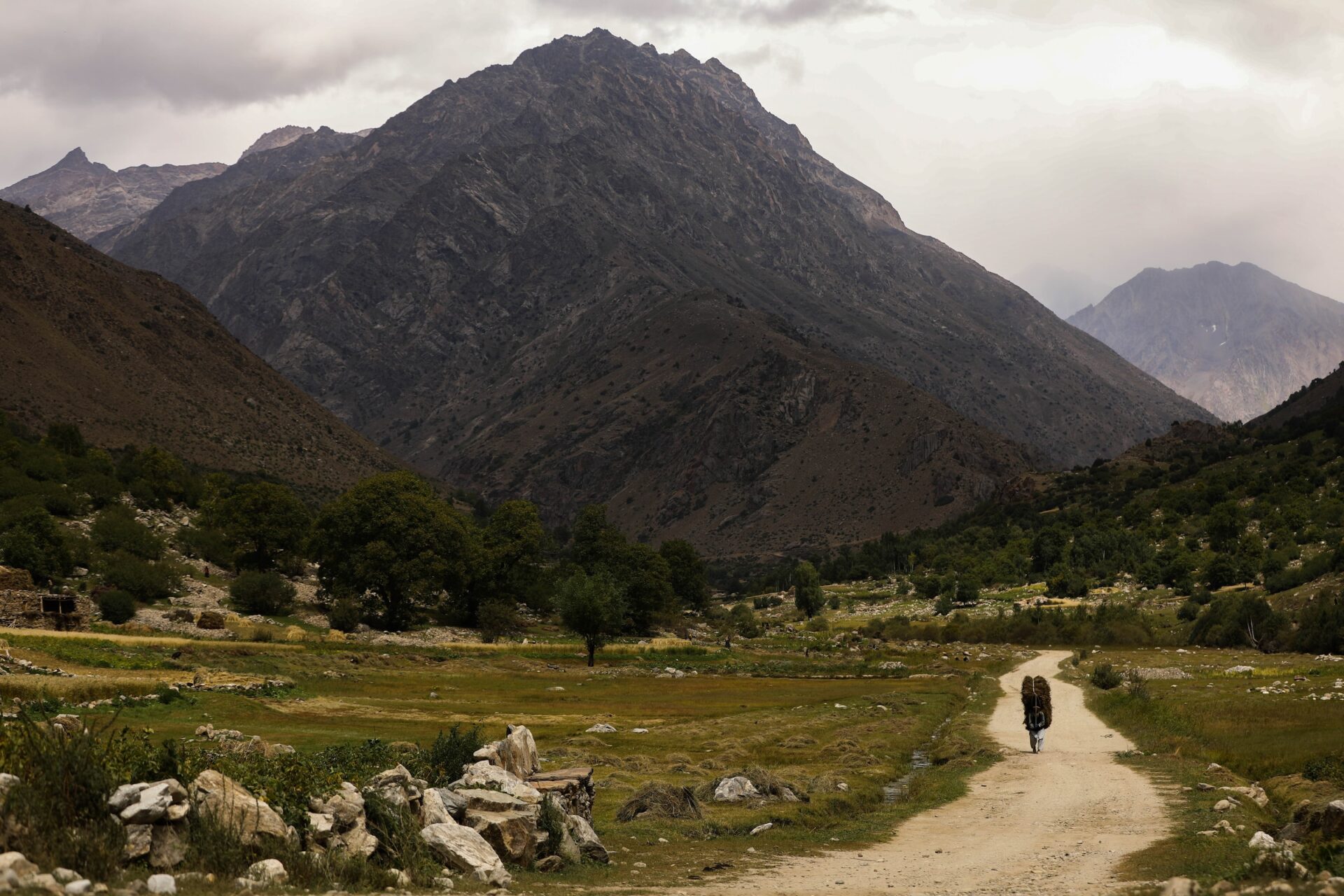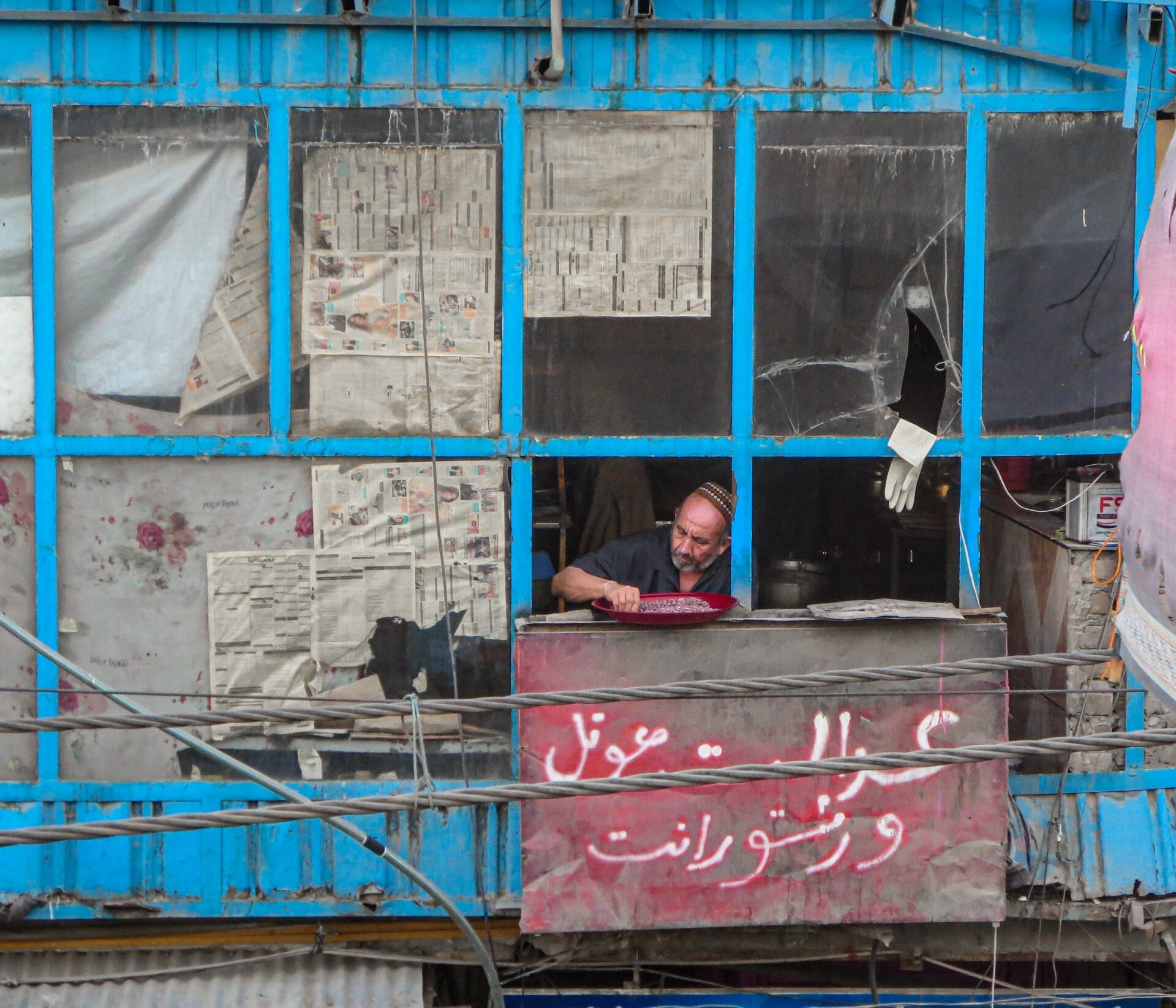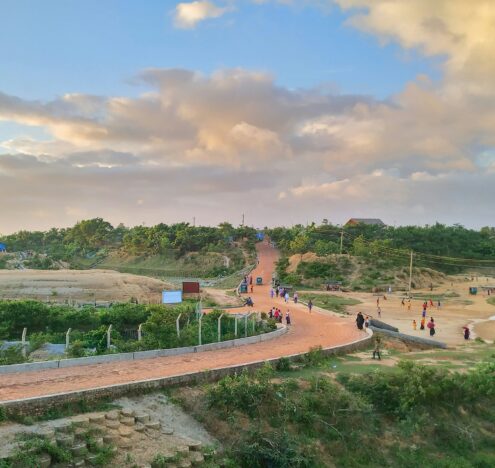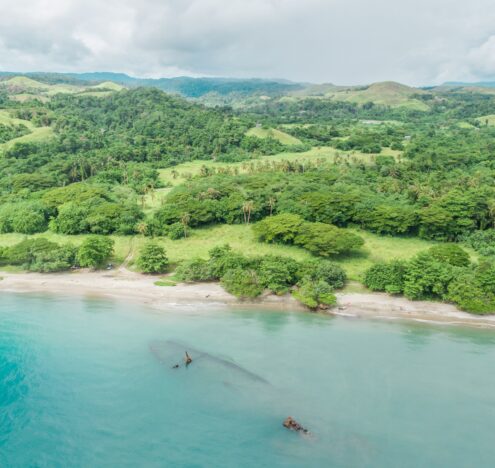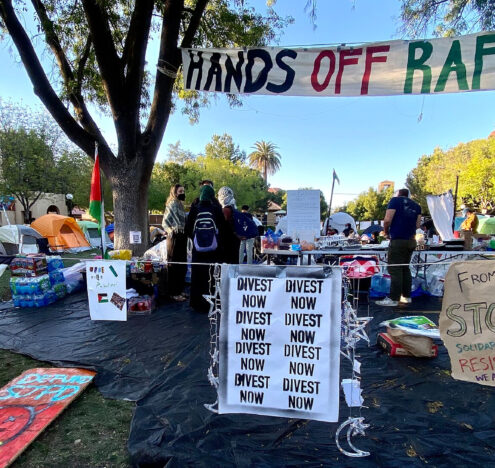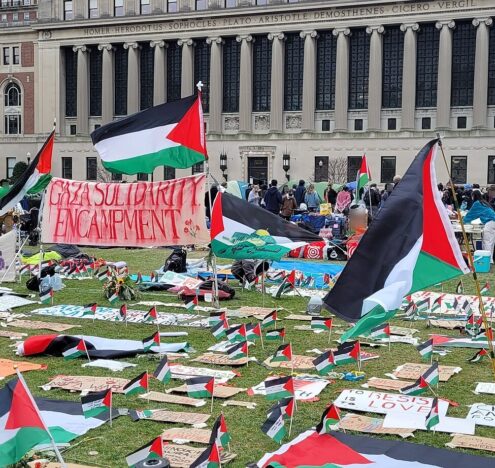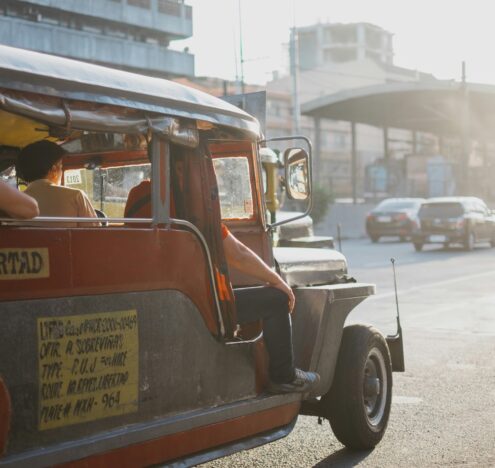In August 2022, in the province of Panjshir, just north of Kabul, the Taliban conducted a series of mass arrests of civilians. That part of Afghanistan consists of extremely high bare mountains and lush river valleys, tight rocky canyons, and shepherds guiding cattle. The villages lie along the valley floor, and the mountains are a traditional place of refuge.
During the mass arrests, the Taliban swept up men from a handful of villages in the Darah district, taking them to mosques and schools for detention and questioning. Even village elders were included in the round-up, bound and blindfolded. However, as the Taliban began interrogations, the fathers and grandfathers eventually realized that they were not the target of the operation at all.
“Where are your sons?” the Taliban demanded, beating the men, according to a family member we interviewed. “It is said that your sons are in the mountains.”
The Taliban suspected that their sons had joined the National Resistance Front, or NRF, which had been using the mountains as a base to wage an insurgency against the Taliban, since the fall of the former government the year before.
Wars don’t end just because the United States closes bases and pulls its troops out. The ongoing war crimes in Panjshir highlight the threat to those living under Taliban rule, many of whom have tried to flee to the United States and have still not been provided a pathway in time. While these war crimes continue, and women and girls are facing the crime against humanity of gender persecution, the United States must do more to speed up relocations of those most at risk.
Escalating Violence Since Taliban Takeover
Since the Taliban seized control of Afghanistan in August 2021, violence has remained endemic in many parts of the country; the June 8, 2023 bombing of a memorial service in Faizabad by the Islamic State, killing at least 13 people and wounding 30 more, is the most recent example. The Taliban, who committed numerous war crimes when they led an insurgency against the former government and the United States, are now committing war crimes to battle various insurgencies.
Wars don’t end just because the United States closes bases and pulls its troops out. The ongoing war crimes in Panjshir highlight the threat to those living under Taliban rule, many of whom have tried to flee to the United States and have still not been provided a pathway in time.
Our new Amnesty International investigation documents how the Taliban have retaliated against captured NRF fighters and targeted civilian residents in Panjshir province to force submission and compliance. The list of war crimes and other violations of international humanitarian law committed by the Taliban in Panjshir is long: torture and other ill-treatment, extrajudicial executions, hostage-taking, the intentional burning of civilian homes, and arbitrary deprivation of liberty. But beyond each individual act designed to instill fear, this conduct in sum constitutes collective punishment, which in itself is a war crime.
Over the last 18 months, the Taliban have organized village-wide arbitrary arrests of adult men and older boys, detained them without charge, and subjected many of those detained to beatings and other abuse. In Panjshir, the Taliban have also imposed the only curfew in all of Afghanistan, seized civilian homes, used schools for interrogations, and denied shepherds access to their traditional grazing lands.
After a series of clashes with the NRF in September 2022, the Taliban forced the surrender of dozens of fighters, bound their hands, and conducted mass extrajudicial executions on a mountainside near Darea Hazara. In one video, showing five of the men being killed in cold blood, the Taliban fire their automatic rifles continuously for 19 seconds, pause, and then gratuitously resume shooting bullets into the bodies.
In light of these findings, Amnesty International has called upon the Taliban authorities to immediately cease their campaign of collective punishment and investigate the individual cases in our report. However, we also know that the Taliban have shown themselves neither willing nor able to conduct such an accountability process in similar circumstances. Therefore, in addition, Amnesty International is again calling on the UN Human Rights Council to establish an independent international accountability mechanism to investigate and report on crimes under international law in Afghanistan, with a mandate to collect and preserve evidence for future international justice efforts. We are also calling on the International Criminal Court to investigate these and other crimes committed in Afghanistan by all parties.
US Obligations to the Afghan People
However, the United States has its own obligations to the Afghan people, beyond the support of an international mechanism at the Human Rights Council. There is also pressing work to be done at home.
Almost 90,000 Afghans were evacuated to the United States after August 2021, a laudable step, but one threatened to be undone by inaction in Congress. The Afghan Adjustment Act is critical legislation to establish a roadmap to citizenship for Afghans who were brought to the United States, while also expanding humanitarian pathways to at-risk Afghans left behind. And while the Biden administration has taken the positive step of establishing a process for re-parole while Afghans in the United States are left in limbo, it must still do more for Afghans outside the United States. The processing of Special Immigrant Visas and resettlement via the US Refugee Admissions Program remains glacial.
The people of Pansjhir, and indeed all of Afghanistan, still need — and deserve — US support. The Biden administration should take these practical and pragmatic steps and prioritize helping Afghans. It’s the least the United States can do after two decades of war.














